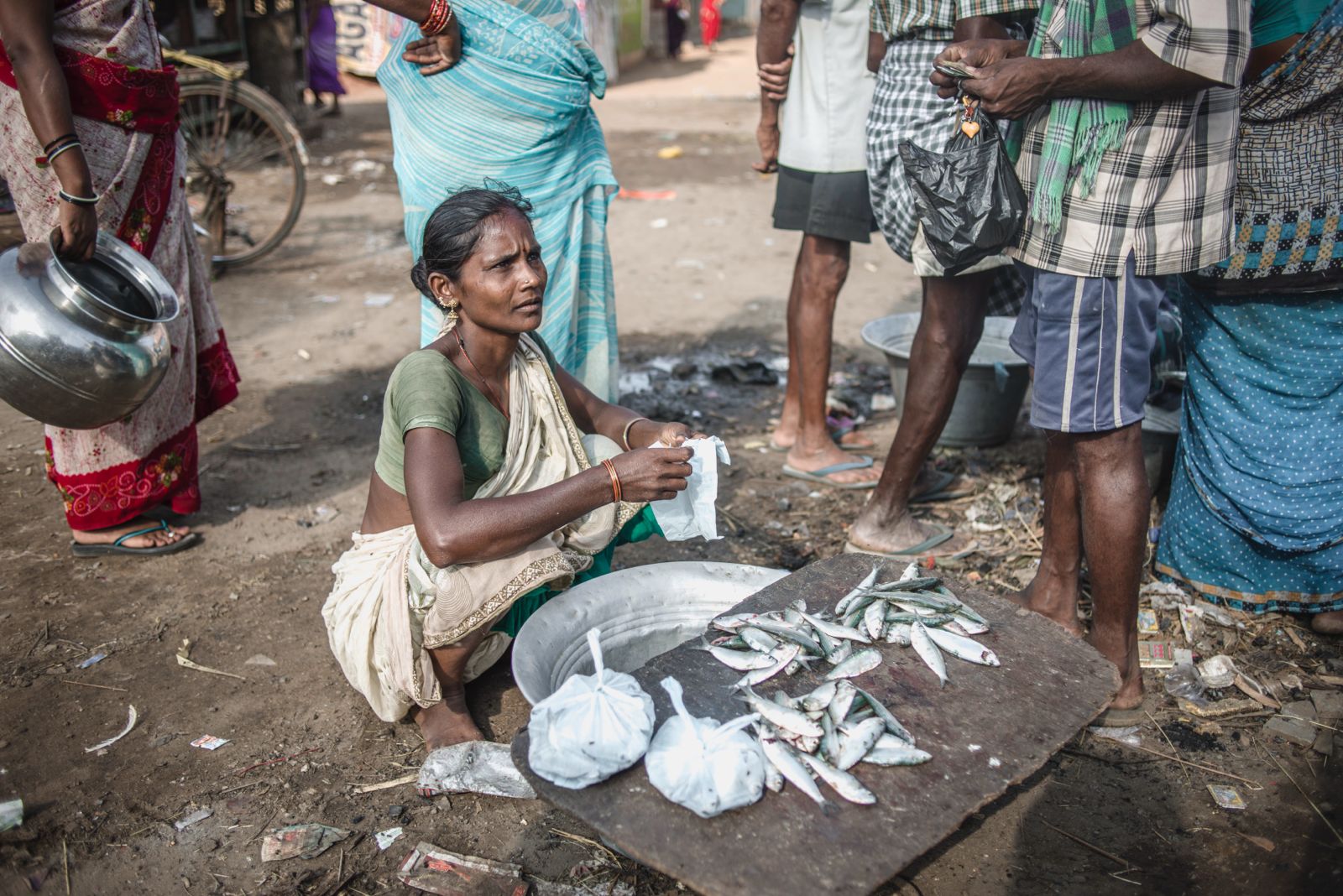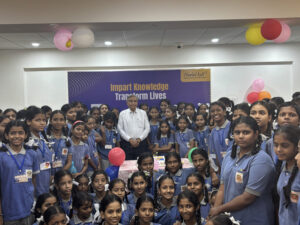
New Delhi, [India], June 6, 2024: ActionAid Association is proud to announce the launch of its comprehensive Climate Justice Campaign, a bold initiative aimed at addressing the critical issue of climate justice in India, on June 5th, World Environment Day. The campaign, in its initial phase from June to December 2024,will focus on the disproportionate impact of climate change on the nation’s most vulnerable communities, including pastoralists, coastal populations, agricultural workers, street vendors, and others whose livelihoods are directly threatened by extreme weather events such as floods, droughts, severe rainfall, and heatwaves. Climatic adversities often force communities to abandon their traditional occupations and migrate, leading to recurrent and significant disruptions in their lives.
The recent affirmation by the Supreme Court of India regarding the right of people to be protected from the adverse effects of climate change underscores the urgent need for comprehensive and inclusive climate action. This landmark decision not only emphasises the protection of marginalised communities but also highlights the importance of supporting frontline defenders of socio-ecological rights. Addressing climate justice in India requires a multifaceted approach that includes the formulation of strategic policies focused on compensation, resettlement, and rehabilitation of affected communities. Additionally, stringent environmental regulations must be enforced to ensure all development projects are sustainable and climate-resilient.
Sandeep Chachra, Executive Director of ActionAid Association, emphasised the critical importance of this campaign, stating, “Climate justice is not just about addressing environmental issues but about ensuring equity and resilience for our most vulnerable populations. It is imperative that we create a comprehensive legal framework that holds all stakeholders accountable and integrates human rights protections into our climate policies.”
The campaign highlights the acute vulnerabilities faced by marginalised groups, including low-income urban populations living in slums, rural poor, street vendors, construction workers, sanitation workers, and agricultural workers. These communities face direct threats from climate variability, impacting their livelihoods and overall well-being. Traditional and tribal communities, small-scale fisherfolk, and women, who play crucial roles in resource management and caregiving, are also disproportionately affected by climate change.
Current climate justice policies in India often fall short of addressing the root causes of climate injustice. There is a lack of comprehensive frameworks that consider historical emissions responsibilities and the specific vulnerabilities of the poorest populations. Furthermore, existing support mechanisms for enabling vulnerable communities to adapt effectively are inadequate. Legislative measures are often fragmented and lack a coordinated approach that aligns with international climate justice standards.
The Climate Justice Campaign calls for immediate legislative action to recognize climate change as a fundamental right and develop specific laws and policies to protect citizens from its impacts. This includes establishing a ‘Climate Justice Commission’, an autonomous body with a wide mandate to ensure human rights against climate change, empowering citizens to hold decision-makers accountable for inaction, and integrating human rights protections into climate policies. Additionally, the campaign demands the development and implementation of targeted policies that provide financial assistance, disaster preparedness, and climate-resilient infrastructure for marginalized communities.
More specifically, the upcoming climate action campaign will focus on community dialogue and consensus-building to advocate for reparations, improved climate policies, and robust human rights protections. Key activities include strengthening community networks by engaging civil society groups and youth organizations, and collaborating with local media to raise awareness. The campaign will also involve forming alliances at district and state levels through meetings with community leaders and organizations. Legislative engagement will see discussions with MLAs, MLCs, and MPs to propose climate justice legislation. An expert panel will be established to provide strategic guidance, and large-scale awareness campaigns, along with public actions such as marches and rallies, will be organized to amplify the people’s demands for climate justice.
The strategic objectives of the Climate Justice Campaign include empowering human rights defenders and community leaders with the legal knowledge and skills necessary to advocate for climate justice, developing comprehensive climate change legislation, and enhancing the resilience of vulnerable communities. By prioritizing the protection of these communities and ensuring equitable access to disaster relief, healthcare, and climate-resilient infrastructure, ActionAid Association aims to bridge the gaps in India’s climate action policies and create a more just and sustainable future.



